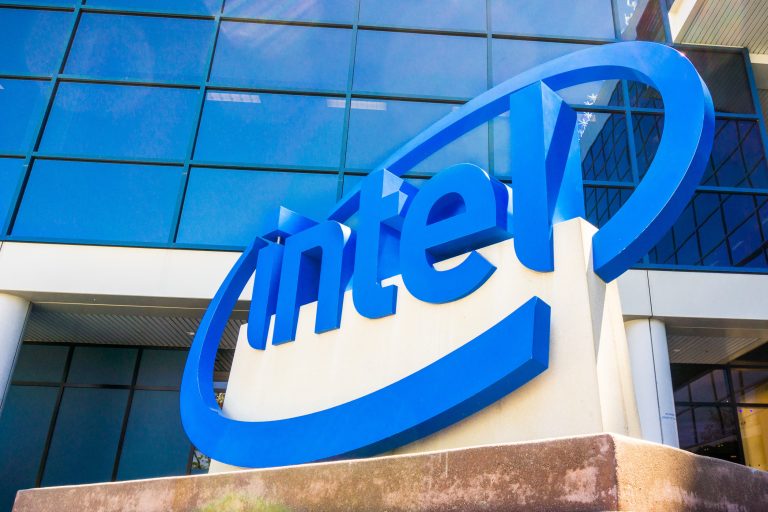Intel has secured $5.7 billion in accelerated CHIPS Act funding from the US government.
This is a significant step intended to fast-track the company’s expansion of domestic semiconductor manufacturing amid intense geopolitical and economic pressures.
The payment, which arrived ahead of schedule, reflects a sweeping renegotiation of terms between Intel and the Department of Commerce as they scrapped certain project milestones and granted the government a near-10% equity stake in Intel.
The move underscores an effort to bolster the US chip sector and maintain American leadership in advanced technology.
Details of the accelerated funding deal
The agreement, revealed on August 28, 2025, stems from previous grants Intel had been awarded but had not yet received under the U.S. CHIPS and Science Act.
By renegotiating the deal, Intel gained immediate access to $5.7 billion, while formally issuing 274.6 million shares to the government with additional options if certain conditions arise.
The revised terms loosened several requirements: Intel no longer has to meet earlier project benchmarks to draw the funds as long as the company shows it already invested nearly $7.9 billion in eligible projects.
Government restrictions remain as the funds cannot be used for dividends or stock buybacks, nor can they support expansions in certain foreign countries or effect ownership changes with prohibited parties.
The deal aims to keep Intel’s foundry and contract manufacturing division under clear US control, with the government reserving warrants for further investments if Intel’s stake in the unit drops below 51%.
This $5.7 billion grant brings total federal support for Intel to $11.1 billion, including earlier tranches of CHIPS Act funds and the Secure Enclave defense initiative.
Implications for Intel and the US chip sector
The accelerated funding gives Intel greater flexibility and financial strength to expand and modernize US-based chip manufacturing at a time when global supply chains remain fragile and competition with China and other rivals is fierce.
Intel’s CFO David Zinsner emphasized the government’s equity investment is designed as a powerful incentive for the company to retain its crucial foundry business, supporting both economic goals and national security priorities.
The additional resources are expected to help Intel maintain momentum on projects totaling more than $100 billion in U.S. investments, spanning major sites in Arizona, Ohio, New Mexico, and Oregon.
Yet this landmark deal also raises questions about federal intervention and future oversight in the corporate sector.
By taking a direct equity stake, the government will wield influence not just over Intel’s manufacturing priorities but potentially over its broader business decisions.
This hybrid approach, which includes mixing massive grant funding, shares, and strings attached, may set a precedent for future private-public partnerships in high-tech industries.
The post Intel accelerates CHIPS act funding, receives $5.7B ahead of schedule appeared first on Invezz



